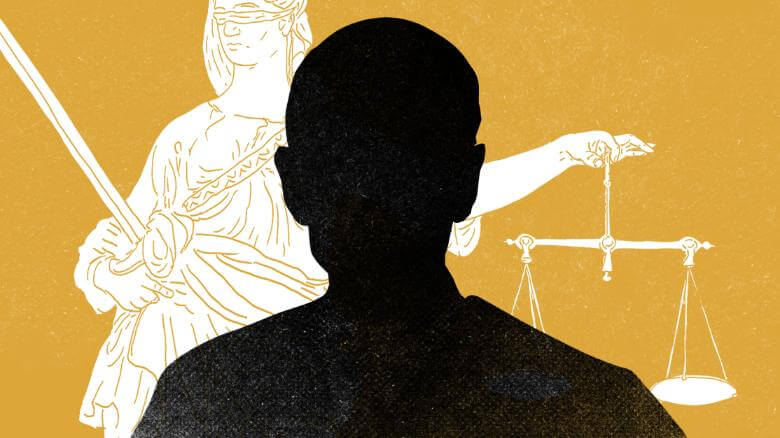The Senate unanimously confirmed four of 38 pending judicial nominations Thursday evening, the first of President Barack Obama’s judicial nominees to be approved since September.
The nominees—Catherine Eagles, Kimberly Mueller, John Gibney, and James Bredar—are the longest delayed district court nominees, who were each reported out of the Judiciary Committee unanimously. The nominations for Eagles, Mueller and Gibney were sent to the full Senate in May and Bredar was reported out of the committee in June.
The White House hailed the confirmations but said the Senate must continue to act.
“We’re pleased that these four nominees have been confirmed, but urge the Senate to take action on the 34 nominees who remain on the calendar – particularly the 19 who would fill judicial emergencies,” said spokesman Josh Earnest.
Regan Lachapelle, a spokesperson for Senate Majority Leader Harry Reid said that the four confirmations Thursday are “just a start” to clearing the backlog during this session.
“We are still working through the list and are committed to confirming as many judges as we can,” said Lachapelle. “We’ll take them when we can get them.”
This week, Reid and Minority Leader Mitch McConnell have negotiated a deal that could potentially break the bottleneck of Obama’s “uncontroversial” federal court nominees during the dwindling lame duck legislative session. These included most of the nominees who had been reported out of the Judiciary Committee by unanimous votes before November elections.
Still, there are a handful of circuit court nominees — whose nominations are rarer and typically receive greater scrutiny — still waiting for votes on the Senate floor, though they had been nominated as far back as November 2009.
Senate Judiciary Committee Chairman Patrick Leahy praised the confirmations and called on more to be confirmed to address districts facing judicial emergencies, including vacancies and backlogged dockets, across the country.
“These confirmations are long overdue,” Leahy said. “For months, these nominations have languished before the Senate, without explanation and for no reason. I hope these are the first of many confirmations by the Senate before we adjourn.”
GOP lawmakers have flagged three other nominees, including California law professor Goodwin Liu, as too liberal and inexperienced to be parceled with the rest of the non-controversial judicial candidates set for Senate confirmation.
“We’re pleased that these four nominees have been confirmed, but urge the Senate to take action on the 34 nominees who remain on the calendar – particularly the 19 who would fill judicial emergencies.”







